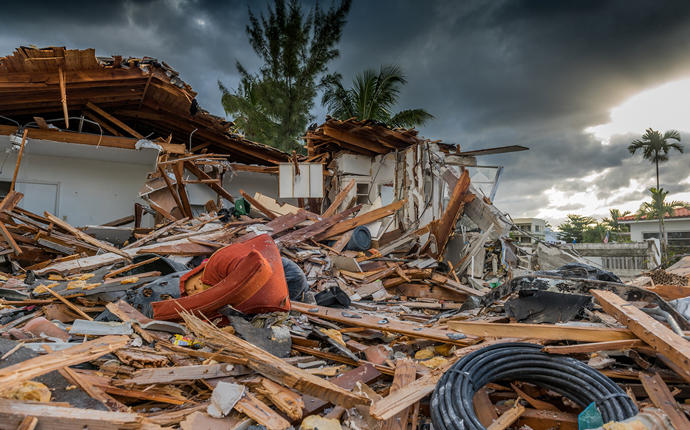Trending
“No one should be lending for 30 years in most of Florida,” financial climate analyst warns
Rising insurance premiums could lead to an economic crash in the Sunshine State, according to one expert

Real estate lenders and investors are ignoring the rising threat that climate change poses in Florida, which could spell disaster for the state’s economy, according to an expert on climate change’s impact on financial markets.
By continuing to provide mortgages and by buying long-term debt, financial institutions are ensuring Florida’s economy can “go to hell,” said Spencer Glendon, who studies the impact of climate change around the world, Bloomberg reported. He spoke during an investment conference in New York last week.
“No one should be lending for 30 years in most of Florida,” Glendon said, according to Bloomberg. “During that time frame, insurance will disappear and terminal values,” which is future resale income, will shrink, he said. “I tell my parents that it’s fine to rent in Florida, but it’s insane to own or to lend.”
Concern over exorbitant insurance policies could kickstart an economic crash, impacting home sales and property tax revenue that would be used to finance infrastructure improvements, Bloomberg reported.
Florida’s bonds should sell at a discount compared to similar bonds in less risky markets, but they are not, according to Bloomberg. Miami Beach raised its $162 million bond debt, similar to Charlotte, North Carolina.
“A rising share of muni bond issuance over time will likely come from regions facing economic losses from rising average temperatures and related events,” according to a 20-page report that BlackRock published last month. Nearly 60 percent of U.S. cities will have climate-related damages that come out to 1 percent or more of the gross domestic product by 2060 to 2080. [Bloomberg] — Katherine Kallergis




